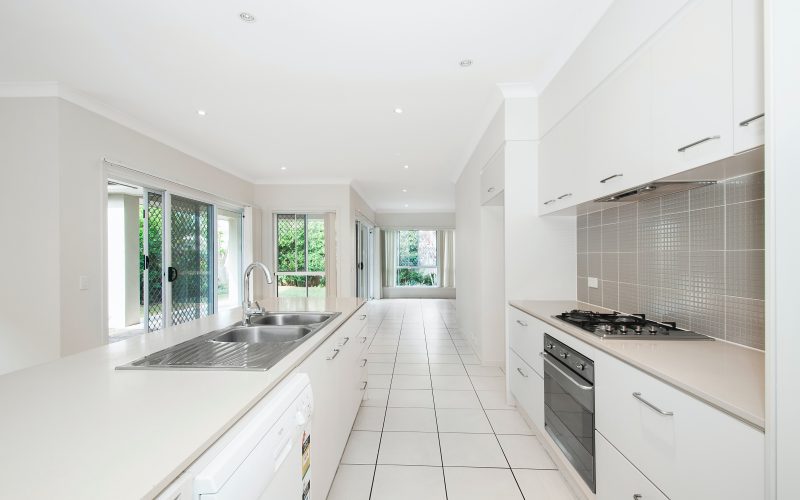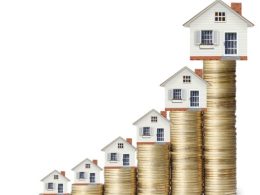Building a custom home is an exciting journey that allows homeowners to bring their unique vision to life. From choosing the perfect location to selecting every aspect of the design, custom home construction offers endless possibilities. However, navigating the complexities of the building process can be daunting. In this feature, we’ll explore essential tips and expert advice to help you embark on your custom home construction journey with confidence.
1. Define Your Vision:
Before breaking ground, it’s crucial to have a clear vision of what you want your dream home to look like. Start by creating a list of your must-haves, including the architectural style, layout, and specific features. Consider your lifestyle, future needs, and personal preferences to ensure the design reflects your unique taste and functional requirements.
2. Budget Realistically:
Determining a realistic budget is a vital step in custom home construction. Set aside ample funds for unforeseen expenses, such as design changes or construction delays. Consult with builders, architects, and financial advisors to gain a comprehensive understanding of the costs involved and ensure your budget aligns with your expectations.
3. Choose the Right Builder:
Selecting the right builder can make all the difference in the success of your custom home project. Research reputable builders with extensive experience in custom construction. Ask for references, view their previous projects, and interview potential builders to gauge their expertise, communication skills, and ability to bring your vision to life.
4. Collaborate with Architects and Designers:
Working closely with architects and designers is key to achieving your dream home. Collaborate to translate your ideas into detailed blueprints that reflect your vision while adhering to local building codes and regulations. Effective communication and a strong working relationship with these professionals will ensure your design goals are met.
5. Embrace Sustainable Solutions:
Consider integrating sustainable and energy-efficient features into your custom home design. Incorporating eco-friendly materials, solar panels, proper insulation, and energy-efficient appliances can reduce environmental impact and long-term utility costs. Embracing sustainability not only benefits the planet but also enhances the value and appeal of your home.
6. Prioritize Functionality and Practicality:
While aesthetics are important, don’t overlook functionality and practicality. Think about your day-to-day activities, future plans, and any unique needs you may have. Ensure your design optimizes space utilization, provides ample storage, and accommodates your lifestyle requirements, whether it’s a home office, a dedicated hobby room, or outdoor living spaces.
7. Consider Future Resale Value:
Even if you’re building your forever home, it’s wise to consider the potential resale value. Trends and buyer preferences may change over time, so strike a balance between timeless design elements and personalized touches. Opt for high-quality materials and finishes that withstand the test of time and appeal to a wide range of potential buyers.
8. Maintain Clear Communication:
Effective communication is crucial throughout the entire custom home construction process. Establish regular check-ins with your builder and design team to ensure everyone is on the same page. Maintain open lines of communication, provide timely feedback, and address any concerns promptly to avoid misunderstandings or delays.
Building your dream home is a once-in-a-lifetime opportunity to create a space that truly reflects your personality and aspirations. By following these essential tips and seeking guidance from experienced professionals, you can navigate the custom home construction process with confidence and turn your vision into a reality.
[Disclaimer: The opinions expressed in this article are those of the author and do not necessarily reflect the views of the publication.]—
As a journalist, it’s important to present accurate information and provide valuable insights to readers. Researching the topic, interviewing industry professionals












